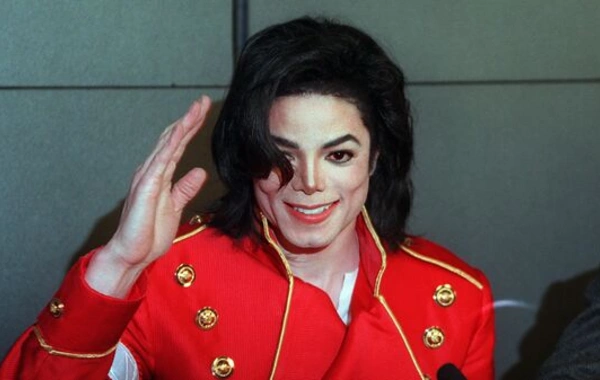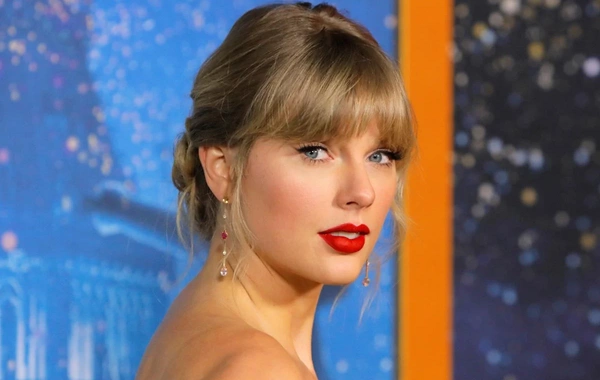Taylor Swift
Taylor Swift
Taylor Alison Swift, born on December 13, 1989, in Pennsylvania, USA, has become one of the most influential figures in modern music. Her journey from a young country singer to a global pop icon is a story of talent, hard work, and the ability to adapt to changes.
The Beginning: From Country to Worldwide Fame
Taylor Swift began her music career at 16, signing a contract with Big Machine Records. Her self-titled debut album in 2006 introduced the world to a young country performer. Songs like "Teardrops on My Guitar" quickly gained popularity thanks to sincere lyrics inspired by personal experience. Her second album, "Fearless" (2008), brought her worldwide fame, and singles "Love Story" and "You Belong with Me" became hits that crossed the boundaries of country and pop music.
Swift didn't limit herself to one genre. With the album "1989" (2014), she made a decisive transition to pop music, introducing a synth-pop sound. Albums "Reputation" (2017) and "Lover" (2019) demonstrated her ability to experiment with hip-hop and electronic music, while "Folklore" and "Evermore" (2020) surprised fans with elements of indie-folk. This musical versatility made her work accessible to a wide audience.
Taylor Swift - Master of Autobiographical Songs
One of the key features of Swift's work is her talent as a songwriter. She writes her own lyrics, which are often based on personal experiences: from romantic stories to struggles with societal expectations. Her songs, such as "All Too Well" or "Dear John," have become anthems for millions, reflecting the emotions of youth. In a 2011 interview, she noted that she considers herself primarily a songwriter, and her voice is just a way to convey these stories.
Her autobiographical approach changed the perception of country music, making the genre closer to the younger generation. Journalists call her "the Bob Dylan of our century" for her ability to tell the stories of a generation through music. Her lyrics touch on themes of love, loss, and growing up, making them universal.
Cultural Impact and the "Swifties" Phenomenon
Taylor Swift is not just a singer but a cultural phenomenon. Her fans, known as "Swifties," have created a unique subculture. They exchange friendship bracelets with the names of her songs, use "fanilect" - a language based on her lyrics, and organize large-scale actions in support of the singer. Their devotion is compared to "Beatlemania," calling the phenomenon "Swiftiemania."
Swift actively interacts with fans, sending them gifts and even providing financial support. This has changed the standards of communication between stars and their audience. Her presence on social media strengthens the connection with fans, making her one of the most influential people on the internet. In 2021, she was named the most influential person on Twitter.
Records and Achievements
Swift is one of the best-selling artists in history, with more than 200 million records sold. Seven of her albums sold over a million copies in a week. In 2023, Time magazine named her "Person of the Year," emphasizing her influence on music and culture. Her "The Eras Tour" became the highest-grossing tour in history, bringing billions of dollars to the economies of some countries. Economists have even introduced the term "Swiftonomics" to describe her impact on the market.
She is also the first female billionaire whose fortune is based exclusively on music. Her awards include 11 Grammy Awards, the title of "Songwriter-Performer of the Decade," and a place on Rolling Stone's lists of the greatest songwriters.













